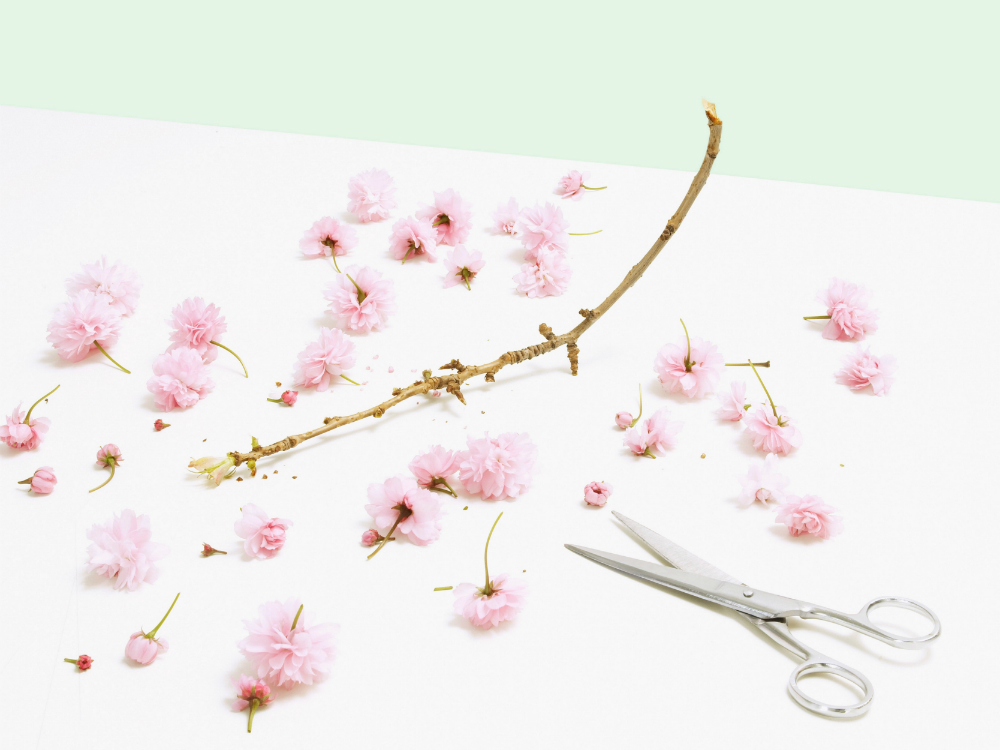The 'FGM App' That Could Save 60,000 Girls' Futures
As 'cutting season' approaches, thousands of young girls are at risk of having their bodies multilated in the most traumatic, devastating way. Could one app stop that?

Celebrity news, beauty, fashion advice, and fascinating features, delivered straight to your inbox!
You are now subscribed
Your newsletter sign-up was successful
As 'cutting season' approaches, thousands of young girls are at risk of having their bodies multilated in the most traumatic, devastating way. Could one app stop that?
There are apps for taking photos of your breakfast, apps for shopping in the bath, and apps to set your dog up on a date. There are apps for checking out how old you look (lest you've forgotten your birthday), apps for transforming your hair colour, and apps for learning the cyrillic alphabet. But as much fun as it is to 'fatbooth' your face or transform yourself into a cartoon version of yourself, what if an app could change the world?
Petals, a new app launched today, promises to do just that.
Created by researchers at Coventry University, Petals is targeted not only at girls who are at risk of FGM, but at their friends and family members too. Many girls who are at risk are raised in closed-off, conservative communities, and don't know what female genital mutilation is until it's too late, so the app is carefully designed not to scare them off: there are no images of genitalia, no gory details and very few statistics. Instead, there's just a 'help' button, some simple FAQs along the lines of 'what would happen to my parents' and 'will I get in trouble for speaking out', and some additional functions, such as a quiz.
But the real factor that might make Petals is a success is that it's so discreet, with special web features that ensure nobody will know you're using it (shake your smartphone and the app will disappear from the screen, it leaves no history on your computer, and there aren't any pop ups - so you can close it down with a single click).
'The first thing we had to think about when putting the app together was the safety of those using it,' Prof Barrett said. 'We wanted to make sure that these young people could look at the app in privacy and secrecy.'
It's a small technological step in the right direction. But there's still a long, long way to go. While Nigeria only criminalised FGM in June this year, the UK criminalised it way back in 1985, but there are still over 60,000 girls living in Britain are thought to be at risk of FGM - and NHS figures show that 528 girls were treated for FGM-related injuries in March of this year alone.
Celebrity news, beauty, fashion advice, and fascinating features, delivered straight to your inbox!
Now, as 'cutting season' kicks over over the summer holidays - when girls can be taken out of the country for the procedure without arousing suspicion, there's never been more need for change. And if an app can do it, then we're all for it.
The leading destination for fashion, beauty, shopping and finger-on-the-pulse views on the latest issues. Marie Claire's travel content helps you delight in discovering new destinations around the globe, offering a unique – and sometimes unchartered – travel experience. From new hotel openings to the destinations tipped to take over our travel calendars, this iconic name has it covered.